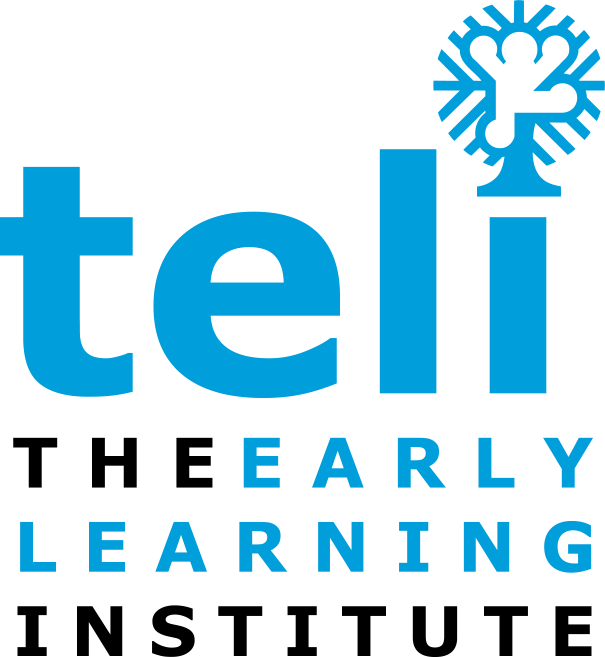By Rose McNeilly, teli Occupational Therapist
 In many families, grandparents are playing an increasing role in the care of their grandchildren. They have the experience in raising children that can be extremely helpful to a new parent! As grandparents, you want to support your child realizing that things are a little different than when you were a parent. As a parent, you want to be independent in child-rearing making the decisions you think are best for your child. teli occupational therapists have a great appreciation of the common ground shared between parents and grandparents.
In many families, grandparents are playing an increasing role in the care of their grandchildren. They have the experience in raising children that can be extremely helpful to a new parent! As grandparents, you want to support your child realizing that things are a little different than when you were a parent. As a parent, you want to be independent in child-rearing making the decisions you think are best for your child. teli occupational therapists have a great appreciation of the common ground shared between parents and grandparents.
Identifying a Child Developmental Challenge – Together
When a potential developmental challenge is identified sharing the diagnosis and the plan for care may be met with some skepticism by either the parents or the grandparents.
Parents sometimes feel that the grandparents are not supportive of Early Intervention Services, or that they are unwilling to follow the plan agreed upon with the therapists. The grandparents may feel that their rich experience of raising children is discounted and replaced with new theories, like Early Intervention. The opposite situation may arise when grandparents believe there is an issue and are concerned that the parents are not seeing the signs.
Common Ground for the Child’s Benefit
To help to guide the conversation and support the interests in the child, there are some best practices used in working with extended families. Ultimately, it is important to reinforce to both parents and grandparents that they have a common goal – what is best for the child.
For Parents:
As a parent you may be new to your role and grandparents can provide some valuable perspective. The challenge is to respect their position, while at the same time sharing and incorporating new thinking into your child’s care. Here are some ideas to consider:
- Listen to the concerns your parents may be expressing regarding your child, whether they believe there is a developmental issue or not. There is no harm in speaking with your healthcare provider and having an Early Intervention evaluation.
- If your parents are unaware of Early Intervention Services, share the fact that EI can provide vital support to address developmental delays that will help their grandchild learn and grow, ultimately equipping them to enter kindergarten and be successful in school.
- Ask your parents to share in Early Intervention therapy sessions so they can help you to reinforce the activities specially designed to help address your child’s challenges.
- Finally, if your parents still believe there are no issues in your child’s development, ask them to be respectful of your decision to seek help and take advantage of Early Intervention Services.
For Grandparents:
Grandparents perspective may come from one end of the spectrum – “There is nothing to be concerned about” or the other –“I think there is a problem”. Today’s parents have unlimited resources at their fingertips that provide additional new information on improved services for the care of their child.
- Listen to your grandchild’s parents’ concerns and offer your suggestions respecting their position regarding their child’s care.
- Understand the stress they may be experiencing as it is very difficult to process the new expectations around a child’s development and therapy. Anxiety levels may be high, and this is a time when it is important to be supportive, not judgmental.
- Offer to be available for Early Intervention therapy sessions to learn together how you can both help your grandchild.
- Listen to the parents so that you can reinforce the therapy activities you observe when your grandchild spends time with you. Therapy takes time, cooperation and consistency.
Ultimately, the common goal is the health and welfare of the child. A united front is important so that both parents and grandparents are reinforcing the therapist recommended activities to achieve the desired developmental changes. Respectful discussion among the adults should be focused on the goal of helping the child.
If you have concerns about your child’s or grandchild’s development, teli Early Intervention Services can help! Please give us a call at 412-922-8322 to get started.


